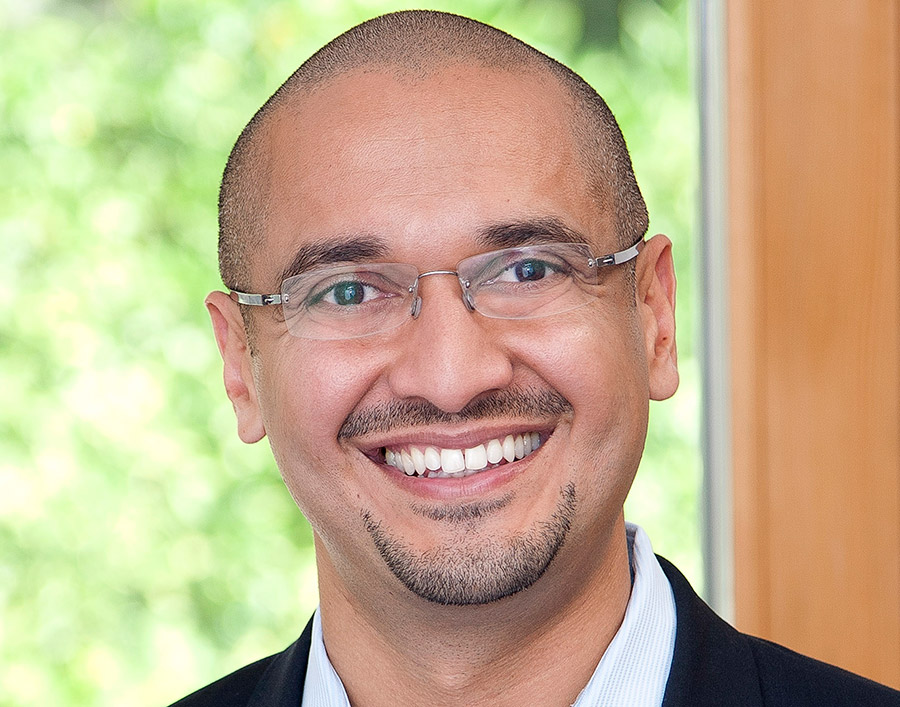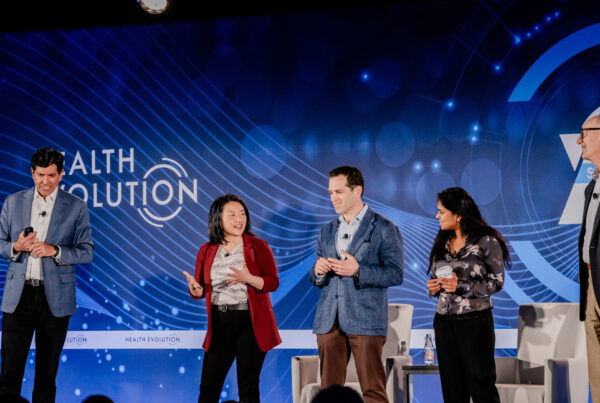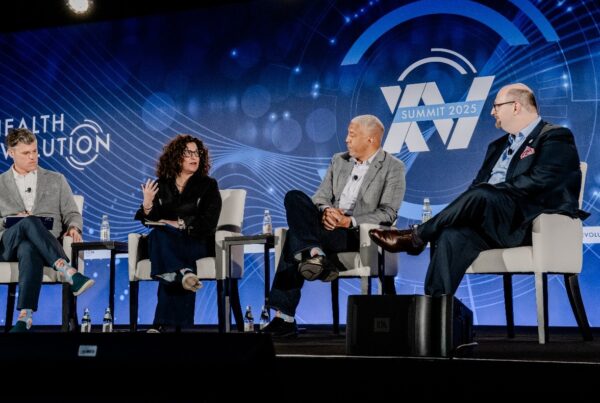At Health Evolution’s Pandemic Response: A Public-Private Call to Action virtual gathering, leading CEOs, C-Suite leaders, and health industry stakeholders from government, health care provider, payer and life science organizations were consistent.
There are a lot of reasons to be worried about COVID-19. There are also a lot of reasons to be hopeful. This pandemic has a devastating ripple effect that has begun to shake the American health system to its core. It’s also an opportunity to reinvent the health care system on a permanent basis to one that is patient-centered and more efficient.
Here’s what some of the discussion leaders at our gathering had to say about what keeps them up at night and what has them feeling optimistic about COVID-19.
Mike Leavitt, Founder, Leavitt Partners; Former Governor, Utah; Former HHS Secretary
Concern: Supply chain issues [have me concerned]. Deputy secretary [Mandy Cohen] mentioned the fact that there are substantial reasons to be concerned about our capacity domestically to manufacture many of the countermeasures that we need and will need once a vaccine is developed. That keeps me up.
The second thing that has me worried is how can we help American businesses who are navigating not just the economics of this, but the uncertainty? How can we provide [them] the sense of certainty that they need to begin to move forward? We can become frozen in uncertainty if we don’t begin to, at some point, give people something they can manage around and model.
Hopeful: We are taking on a common enemy and we are responding with astonishing speed. This is especially true when you think about the nature of how complicated it is to implement anything on a national basis. Yes, there’s imperfection, but we are clearly directionally right on this and we’re getting better by the day. I think we ought not to miss in [recognizing] how good we have been as a country so far.
Mark Laret, President & CEO, UCSF
Concern: What worries me the most is how we perform through the marathon as Larry [Jameson] refers to it. We’re still in the early excitement stage here. We’re mobilizing, but there’s a wall I’m afraid that we will hit at some point where our staff, our communities, everybody [becomes weary] of self-isolation and the challenge of all this. I think this is going to take every bit of leadership that any, and all, of us have to help us through that period.
Hopeful: What’s optimistic to me is it’s been a hard way to learn a lesson, but we’ve learned a lot of lessons. We’re going to learn a lot more. I hope that when we come out of this on the other side, the public health infrastructure is a whole lot stronger. I hope we will have reduced the challenge of the haves and have-nots in this health care sector. All of us [need to] take the view that we’re responsible, not only for our own operations, but we’re responsible for the health of the community at large. I think we’re moving in that direction and that’s what I’m most hopeful about.
Larry Jameson, MD, Dean, Perelman School of Medicine, University of Pennsylvania
Concern: I’m most worried about the health of our health care workers. I think our ability to model the disease spread, when the surge will happen and how high it will go, that’s relatively predictable. It’s less predictable whether we’re going to have some of our nurses and doctors and hospital staff either get infected or need to go on quarantine. That could be a really challenging circumstance if those numbers go up. I’m worried about them personally and for the sake of the system. We’re doing everything we can to protect against that happening.









